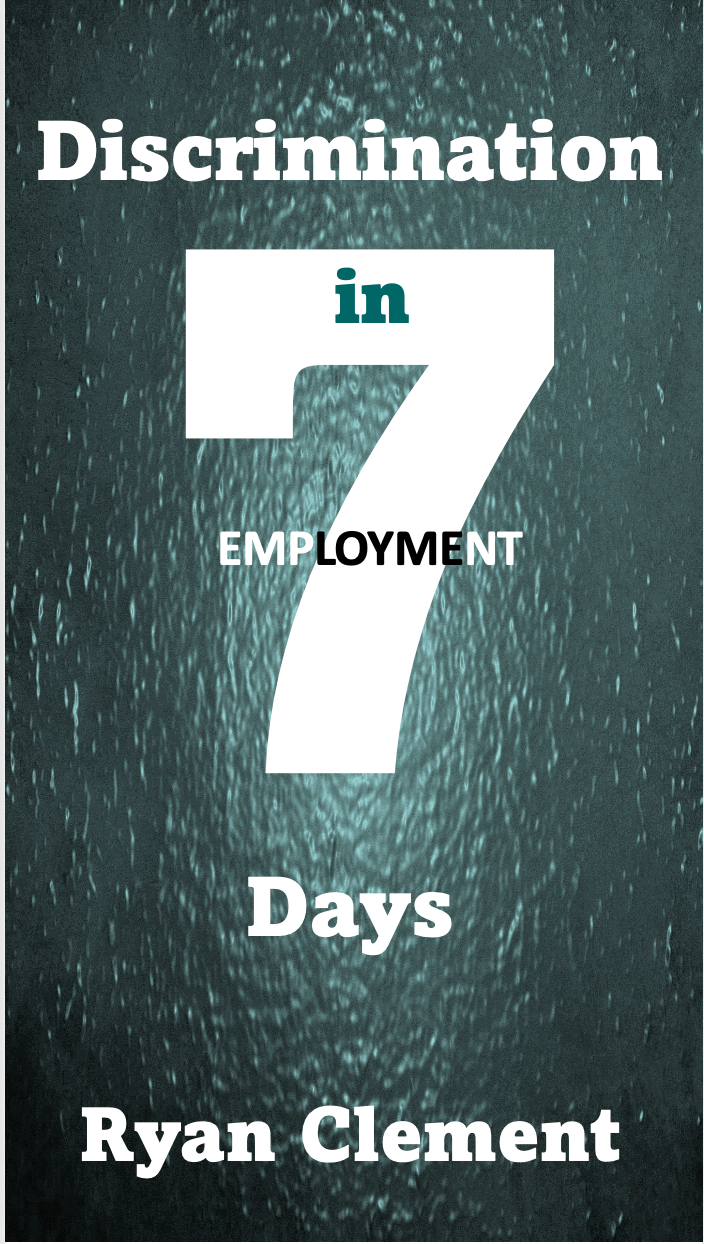Mark Craven v Forrest Fresh Foods Ltd [2025]
Tribunal erred for concluding that employee was not entitlement to wages or work
In Mark Craven v Forrest Fresh Foods Ltd [2025], the Employment Appeal Tribunal (‘EAT’) held that the Employment Tribunal (‘Tribunal’) erred for concluding that the claimant was an employee without entitlement to wages or work. The case concerns the legal status and remuneration entitlement of an individual who was both an employee and a director of a company, and the correctness of a Tribunal's decision regarding salary and sick pay following the individual's appointment as a director.
The Employment Rights Act 1996 defines unauthorised deductions from wages and the meaning of wages, including statutory sick pay, and confirms the definition of an employee as one working under a contract of employment, which underpins the claimant’s complaints.
The respondent is engaged in wholesale distribution of food and drink. The managing director (‘MD’) and majority shareholder was a second cousin of the claimant. The claimant started working as a driver in 2009 for the business. In 2011, he left the respondent’s employment and subsequently rejoined in a sales capacity. There was a dispute over precisely when this happened Tribunal held that he entered into a written contract of employment in August 2015.
The contract provided that he was employed as a “Business Development Manager” with normal working hours of “47.5 per week between the hours of 6.00am and 6.00pm Monday to Friday” with a salary of “£10,600.20 per annum payable weekly in arrears by BACS” with duties that would be “advised by a Director” and might be “modified from time to time to suit the needs of the business.”
The Tribunal recorded that the salary was set to be below the threshold for income tax. The claimant received further remuneration as a “director.” However, this was not a matter about which the Tribunal made any findings. On 1 April 2016, the claimant was allocated one dividend only “D” Share.” On 30 June 2016, he was appointed as a statutory director. The Tribunal did not make any substantive findings about what, if any, changes there were to his duties when he became a statutory director.
The payments made to the claimant increased substantially over time. The Tribunal recorded that he received £32,878 in 2016-17, which increased to £76,640 for 2017-18. Payments were made predominantly as “dividends” and “director’s loans.” A pay slip in the court bundle demonstrated that he was still being paid an annual salary that was only a small proportion of his total remuneration.
The claimant and the MD fell out. The claimant had become a director of another company. The MD thought that the claimant was working for the other company when he should be working for the respondent. Things came to a head in 2022. On 22 April 2022, the claimant was signed off work and did not return thereafter. On 17 May 2022, he was suspended. on 10 June 2022 an Extraordinary General Meeting was held at which the claimant was removed as a director. He was not paid after this date. On 18 July 2022, he raised a grievance. The respondent initially agreed to investigate the grievance, but it was “paused” and did not progress. On 17 January 2023, the claimant resigned as an employee giving 12 weeks’ notice. On 3 February 2023, he resigned as a director and employee with immediate effect. On 15 February 2023, the respondent wrote to him, stating that his resignation dated 17 January 2023 was accepted and that it would pay him 12 weeks’ pay in lieu of notice. The letter also noted that the claimant had resigned as a director.
The Tribunal found that the claimant remained an employee after he became a director. “I reject the Respondent’s assertion that the Claimant ceased to be an employee entirely when he became a director, that the 2015 contract was therefore void and that his position was then governed solely by the terms of the articles of association. However, I also reject what I understand to be the basic tenor of the Claimant’s position that his appointment as a director had no real impact on his employment status and that, in effect, all monies due to him were due to him as an employee pursuant to his employment contract. As such, when determining whether the Claimant was entitled to the sums he now claims, I have had to consider each claim as a discrete issue because it has not been possible to establish any overarching agreement between the parties as to what sums the Claimant could expect to receive and in what capacity.”
However, despite holding that the claimant remained an employee the Tribunal nevertheless found that all payments were made because he was a director, stating, “The Respondent’s position is that, in effect, all pay to the Claimant by the relevant period was in his capacity as a director and shareholder. I am conscious that there was no specific agreement that the August 2015 contract had been amended but I also note that, in that contract, the Claimant’s salary is put at £10,600.20 per annum. This is clearly a fraction of what he was receiving by the relevant period so it must be the case that the position changed by way of mutual conduct if not by specific agreement. I have already set out above my view that the Clamant has, in effect, been content to take the benefits of being paid by way of a dividend whilst, at the same time, asserting that he did not understand the position and simply left it to Mr Craven to deal with on his behalf. In my judgment, the Claimant cannot have it both ways if he now says that he is entitled to payment as an employee pursuant to his contract. Despite the Claimant’s assertions in this regard, I have not seen or heard anything to persuade me that the position set out by [the MD] is wrong. The fact that the Claimant received payments from the Respondent into his bank account on a monthly basis does not indicate anything about the legal basis of that payment; indeed, the Claimant himself commented in cross-examination that he effectively just accepted the money and did not seek to question or understand the basis upon which it was being paid.
“I find on the balance of probabilities that the Claimant either agreed or, at the very least, acquiesced over time, to a payment structure based not on the contract of August 2015 but on his position as a director. As such, once he had been removed as a director in accordance with the articles of association in June 2022, he was not entitled to any further payments from the Respondent on the evidence I have seen.”
In consequence, the Tribunal dismissed the claim for unauthorised deduction from wages. In answer to the question, ‘Was the Claimant entitled to PAYE earnings between 10 June 2022 and 17 January 2023?’ the Tribunal said no. In respect of holiday pay, the Tribunal said, “Whilst I have found in relation to his monthly income that the Claimant cannot rely on the August 2015 contract for the purposes of his monthly income, the position can be, and in my view is, slightly different in relation to sick pay. The August 2015 contract states specifically that “[t]here is no contractual sickness/injury payments scheme in addition to SSP”. Reference is made to the employee handbook, which says that SSP is to be paid “if you are eligible.” […] I have found that, for the purposes of his monthly income, the Claimant was not entitled to payment after his removal as a director in June 2022. The Claimant claims an entitlement to unpaid sick pay for the same period. However, given that the August 2015 contract does not provide for anything other than SSP and, by the relevant period, the Claimant had been removed as a director (and therefore, as I understand it, is not eligible for SSP), it must follow that he is not entitled to SSP during the relevant period. Therefore, in answering the question, ‘Was the Claimant entitled to sick pay between 10 June 2022 and 17 January 2023?’ the Tribunal said no.
Therefore, although the Tribunal decided that the claimant remained an employee throughout, he was not entitled to any salary or sick pay because all payments were made to him because of his role as a director. The Employment Appeal Tribunal held that the Tribunal had erred (perverse) for concluding that the claimant was an employee without entitlement to wages or work, emphasising that an employment contract requires work in return for wages and that the Tribunal failed to properly analyse changes to the claimant’s duties and remuneration upon becoming a director. In consequence, due to fundamental errors of law by Tribunal, the case was remitted for reconsideration by another Tribunal, potentially alongside remedy for an unfair dismissal claim, following a subsequent decision that the claimant remained an employee until February 2023 and was absent due to genuine illness.
CONCLUSION
Regarding the Legal principles on director-employee status, case law confirms that a statutory or controlling director can also be an employee if a contract of employment exists and duties are performed under some degree of control, with all relevant facts considered to determine the employment relationship.







